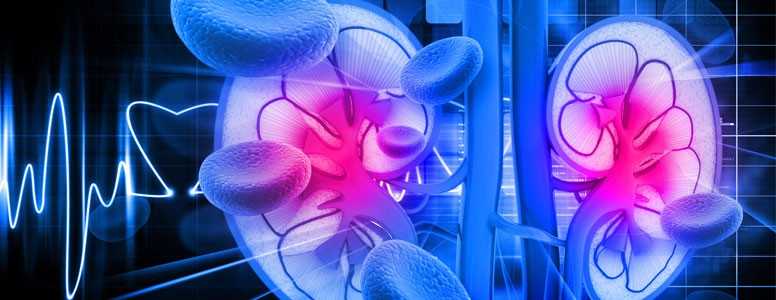Results from two clinical trials show that saxagliptin (sold under the name Onglyza) may be helpful towards holding back kidney disease, whilst sitagliptin (sold as Januvia) appears to be associated with a lower risk of kidney or heart disease complications.
The new data could have implications for type 2 diabetes patients with kidney disease receiving either one of these therapies, as the US Food and Drug Administration (FDA) issued an alert last April about the potential for increased risk of heart failure associated with certain DPP-4 inhibitors.
The newest findings from TECOS and SAVOR-TIMI 53 clinical trials, published in Diabetes Care last October, indicate that sitagliptin has no significant negative effects on cardiovascular or kidney disease risks, and that long-term use of saxagliptin slows down kidney disease risk progression by improving the albumin to creatinine ratio (ACR).
It was found that saxagliptin does so without affecting what is called the estimated glomerular filtration rate (GFR), which measures the capacity of tiny filters in the kidneys to do their job properly.
Modest benefits were found for sitagliptin in the TECOS trial. The drug may even induce changes in intraglomerular pressure, which can decrease a patient’s GFR.
Compared to data from other kidney disease trials (the EMPA-REG OUTCOME and LEADER studies), SGLT2 inhibitors like empaglifozin (Jardiance) or the GLP-1 agonist liraglutide (Victoza) might provide more benefits to patients than DPP-4 inhibitors for maintaining kidney function.
Unlike some of the DDP-4 inhibitors, empaglifozin and liraglutide have shown no signs of serious adverse cardiovascular outcomes, and they also have favourable effects on other kidney disease risk factors, such as blood pressure.
Further studies are needed to determine exactly why sitagliptin reduces GFR and saxagliptin doesn’t. The efficacy of both drugs should also be measured over a longer period of time to establish conclusively whether or not they work and help ward off side effects.
What's new on the forum? ⭐️
Get our free newsletters
Stay up to date with the latest news, research and breakthroughs.





